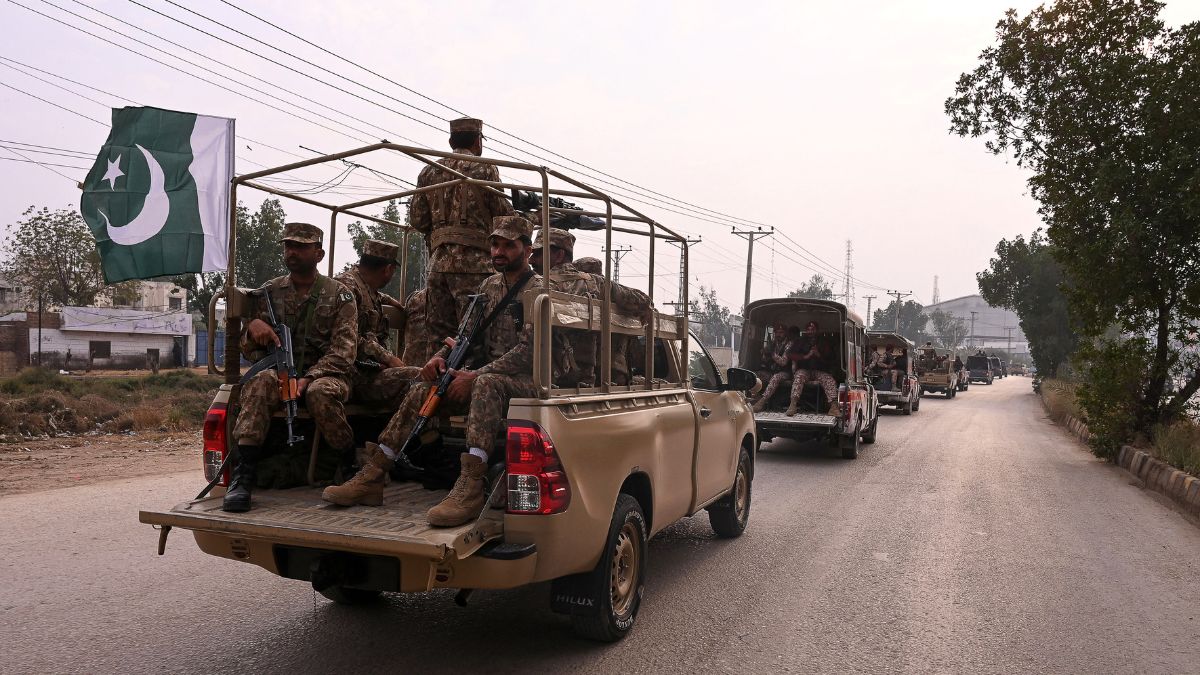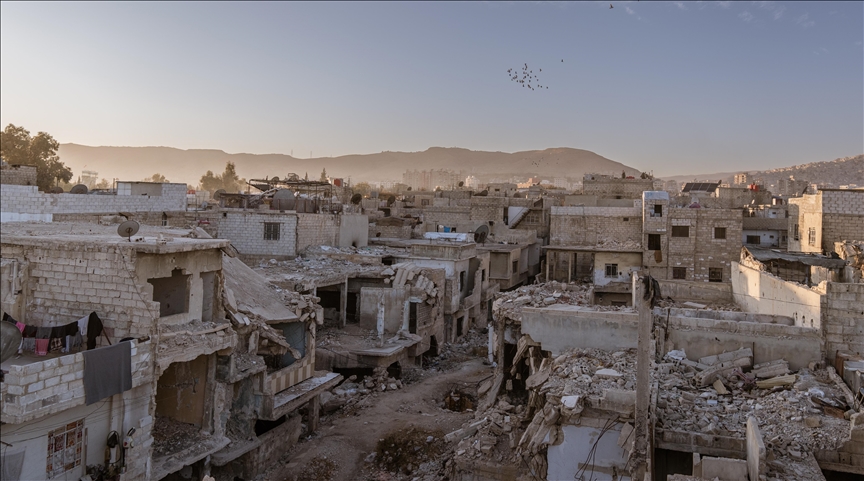Pahalgam: Pakistan has friends it can’t count on in its actions against India
In recent years, Pakistan has cultivated many friends over Islamism and shared geopolitical goals. However, none of them is likely to join it wholeheartedly in any conflict with India in the wake of the Pahalgam attack.
read more
Following the Pahalgam attack, both India and Pakistan have been rallying support internationally.
India has briefed diplomats from dozens of countries and Prime Minister Narendra Modi has held talks with leaders from several countries, such as US President Donald Trump, French President Emmanuel Macron, and Italian Prime Minister Giorgia Meloni.
A number of nations have been engaged with both the countries, such as Saudi Arabia, the United Kingdom, and Iran, in an apparent bid to mediate between the two nuclear-armed neighbours.
From statements and posturing of the international community, one thing is quite clear: the world empathises with India when it comes to terrorism and is quite aware of Pakistan’s long support to terrorism. However, that has not stopped a small bunch of countries from standing with Pakistan.
The usual suspects are China and Turkey. In recent years, a bunch of other countries too have become close to Pakistan, such as the Maldives and Bangladesh after the ouster of Sheikh Hasina. Historically, Pakistan had consistently relied on the United States for support as well, such as in the war with India in 1971.
However, despite vocal support from China and Turkey, and historic support from the United States, Pakistan is not in a position to have much realistic expectations of substantial support this time if the standoff with India turns violent.
Will China really support Pakistan?
Contrary to the popular perception that China and Pakistan became ‘iron brothers’ in the post-Cold War period, the two countries had been partners earlier as well. However, that did not mean active Chinese support to Pakistan in the wars of 1965, 1971, or 1999.
To be sure, there are concerns of Chinese involvement in any conflict with Pakistan. China can needle India along the Line of Actual Control (LAC), but is unlikely to enter into India in a full-scale war. For one, China has been mending ties with India and has its plate full with conflicts in Southeast Asia and trade war with the United States. It’s unlikely to open another front.
At best, China can provide Pakistan with weapons, technical support, or diplomatic cushioning, but is unlikely to join the war on its side. As for the weapons supplies, China’s 82 per cent defence exports already go to Pakistan so it is unlikely that China would do something extraordinary that it has not already done.
Is Turkey going to join Pakistan against India?
In recent years, Turkey has emerged as a key geopolitical player. Under longtime ruler Recep Tayyip Erdogan, the country has positioned itself as the leader of the Islamic world and challenged the standing of Saudi Arab as the leader of the world’s Muslims.
This has coincided with Turkey’s emergence as a leading weapons manufacturer and exporter. Pakistan is a major customer.
In an article for The Print, geopolitical expert Swasti Rao noted, “Unlike Chinese weapons, which are not battle-tested, Turkish arms are modern, combat-proven, and highly advanced. They have been effectively deployed in various recent conflicts, including the Armenia-Azerbaijan war and the ongoing Russia-Ukraine war, making them far more credible and effective.”
However, Turkey is unlikely to be in a position to do too much in Pakistan’s favour. For one, weapons production takes time and, by the time production is ramped up, the situation may have changed substantially.
US support a thing of past
The Cold War is over and Pakistan is no longer central to the United States.
Pakistan can no longer expect the United States to deploy a fleet to its aid in case of war with India.
In the post-Cold War world, the India-US relationship has consistently been on the rise. The two countries have great military and intelligence ties that is reflected in the way that the Trump administration has offered India support in the wake of the Pahalgam attack.
Unlike 1971, when Pakistan was much more important to the United States to counter Soviet Union, India now holds that central place as a counterweight to China, which is the principal US adversary.
Maldives & Bangladesh don’t bring anything to the table
Except for rhetoric and minor annoyance, there is little that Maldives or Bangladesh bring to the table.
With Islamists in power, these two countries have lately been cosy with Pakistan. But they are not weapons manufactures and don’t have strong militaries to boast of. They don’t have international influence like China as well. So, they essentially don’t figure as factors in any India-Pakistan conflict.

)


